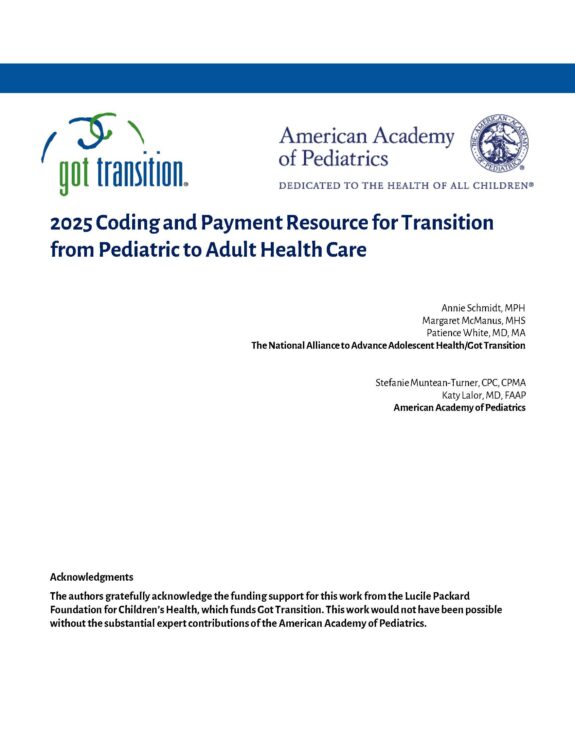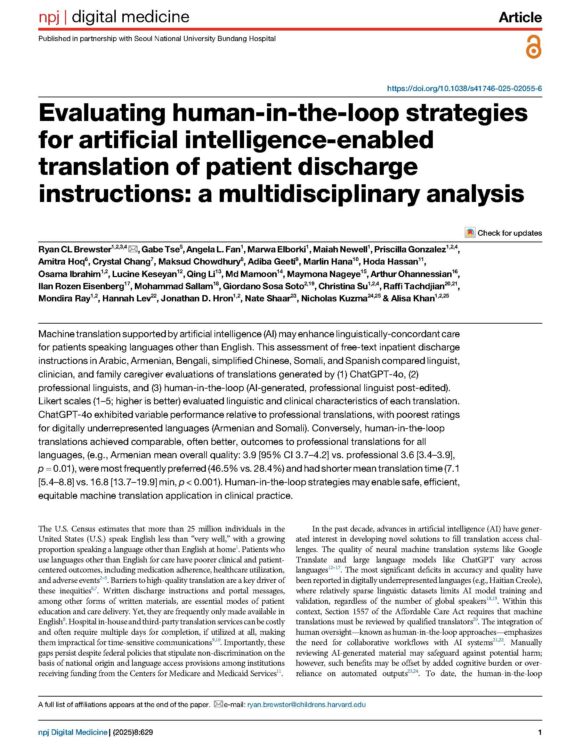Children with Special Health Care Needs and Managed Care: Approaches from Three States
Children and youth with special health care needs historically have been exempted from Medicaid managed care because of concerns about access to care and appropriate providers for this high-need population. With greater state experience with Medicaid managed care — including advancements in improving access and quality of care for children with special needs — along with state budgetary pressures more states have started enrolling these children into Medicaid managed care. In 2010, thirty-two states reported mandatory enrollment of at least some children with special needs into Medicaid managed care, and twenty reported enrolling them into managed care on a voluntary basis.
States administer their Medicaid managed care programs within general federal rules. Federal Medicaid managed care regulations require states to implement mechanisms to identify individuals with special health care needs to managed care entities, including managed care organizations (MCO). MCOs must implement mechanisms to assess enrollees with special health care needs to identify any ongoing conditions that require treatment or monitoring. Relatively little has been known about state approaches for identifying and assessing CYSHCN.
This report, prepared with support from the Lucile Packard Foundation for Children’s Health, describes the approaches taken in three states—California, Michigan, and Massachusetts—to identify and assess children with special health care needs in Medicaid managed care. The states’ approaches to identifying and assessing these children were similar in that they relied heavily on health plans for these functions, and that contracts articulated health plans’ responsibilities while providing some flexibility to the plans. There was general agreement among informants in the states that the processes for identifying and assessing children with special needs worked adequately, but that families may experience challenges in accessing care in a managed care delivery system. There was some variation among states in whether contracts identified these children as a specific subpopulation of the Medicaid population or tailored requirements for identification and assessment, and also some variation in monitoring approaches.
Although this study was limited to three states and was focused on identification and assessment of children with special health care needs, it surfaced some promising state practices that could help enable strong identification and assessment processes, as well as facilitate the implementation of Medicaid managed care in ways that address the special needs of this population.
For commentary about this report from Edward L. Schor, MD, click here.



